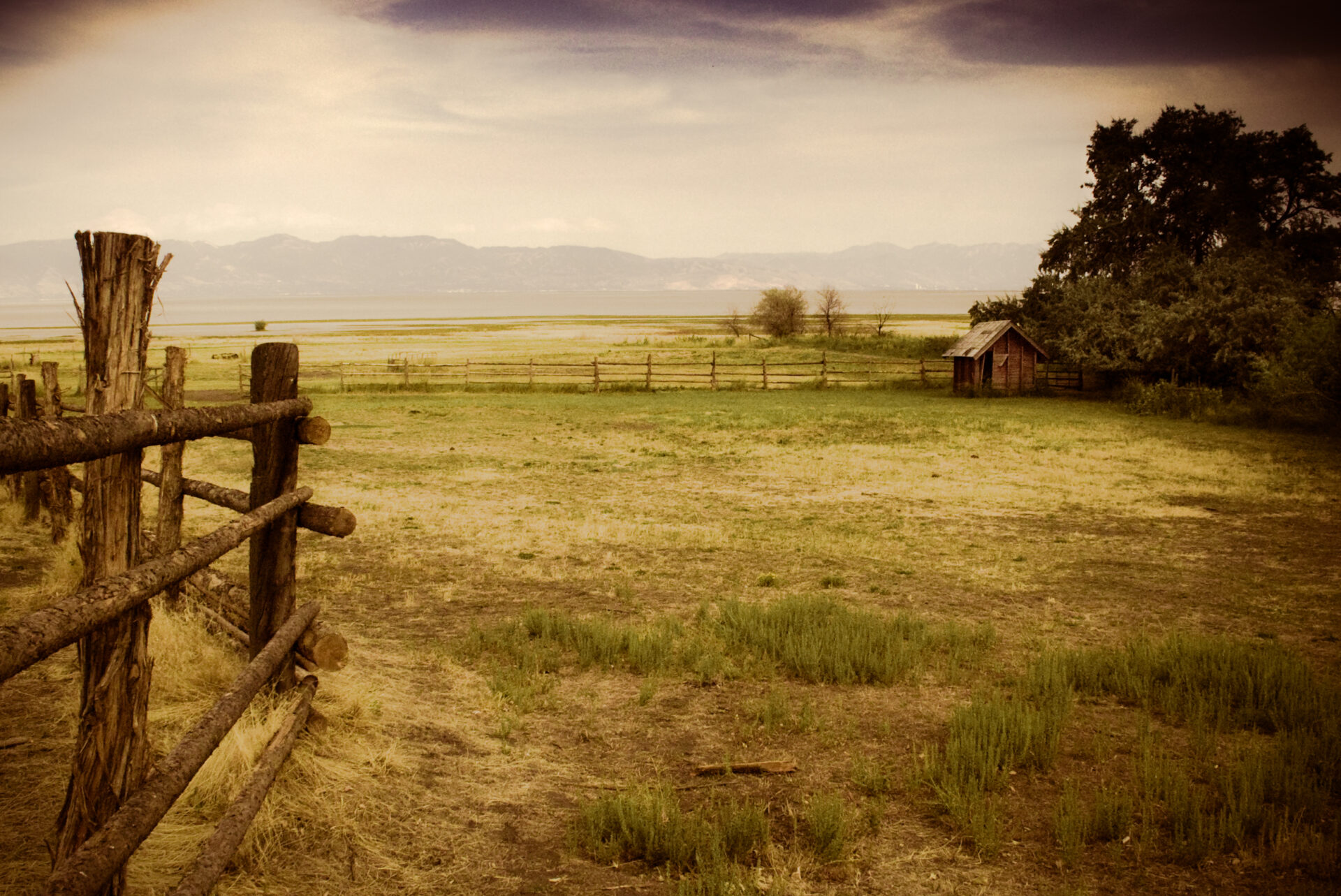
Lindsay
Forum Replies Created
-
I think there could be great potential for ayahuasca and psychedelics, including microdosing, for ALS. As the author mentions, psychedelic medicines have been shown in clinical trials and beyond to treat conditions that are lacking in traditional treatment possibilities and efficacy.
Currently there is a rise in popularity with microdosing with psilocybin or LSD, although ayahuasca can be microdosed as well. Microdosing is taking a subperceptual dose of a substance, so it is not “mind-altering” at least in the sense that if your dose is correct you may not notice any dramatic effect to your day. Generally, effects are noticed over time and a large body of anecdotal evidence reports how microdosing has alleviated a variety of physical and mental health conditions, including increasing creativity or bringing a flow to the day. There has been some clinical research around the positive effects of microdosing, however with current research models (lacking time), it’s difficult to distinguish from the placebo. Microdosing is a very accessible way for people to access psychedelic medicine, in that it can be incorporated into daily life, regularly. Regardless, there are contraindications with certain medications so check with your doctor. Also, though small, microdosing may encourage the surfacing of challenging emotional material, so it’s also good to have connection established with mental health providers or communities of support.
In my family, I consulted a psychiatrist to taper my father (12 years with ALS) off anti-anxiety medication with the help of microdoses.
Ayahuasca is a very different experience and it warrants a very different level of preparation and support. As the author describes, ayahuasca has been shown to be a physically and psychologically safe medicine, when held in supportive settings. Long-term ayahuasca users, members of ayahuasca religions of Brazil, have been shown to score higher on psychometric tests than control groups. Part of the experience is the visionary state induced, and part of the medicine is the purgative effect (this is not always vomiting, but can be tremoring, yawning, etc.). It is understood that the purging is clearing of physical, emotional, energetic blockages, which is ultimately very relieving. During an experience with ayahuasca, it is possible to access repressed memories, old trauma, buried emotions, gain new insights and awareness, etc. etc. in ways beyond western psychotherapeutic interventions. Which, again, is why it is very important to access experiences with this medicine through trained and experienced facilitators and also have support before and after. Preparation and integration are key to a beneficial psychedelic experience.
I can’t speak to the mechanisms of neurodegeneration or how the b-carboline alkaloids of ayahuasca might work on neurotoxins possibly associated with ALS. I honestly think that’s too microscopic of a perspective. I’ve spent a lot of time considering how these medicines might work in the treatment of ALS and I believe that they could be beneficial in the way they work on the emotional and cognitive aspects of the individual, in addition to their effects on the physical. One author that has influenced my current perspective immensely is Dr. Gabor Maté. In his book “When the Body Says No”, he discusses the connection between the mind and the body in creating disease. Psychoneuroimmunology. He includes a chapter on ALS. (After this book, Dr. Maté began in-depth work with ayahuasca, on his own and in clinical research for the treatment of addiction). Considering the connection of the body and mind (and spirit, if you’re willing to go there), I’ve wondered about the way pALS are emotionally supported through their experience with ALS, and in ways that examine their emotional lives before their diagnosis. (I have seen a large gap here).
In the way that psychedelics work with the whole person, I do believe there is great potential for their use in the treatment of ALS, including symptomatically. Certain psychedelics are more suitable to each person and their condition (and I think there are ways that they could be accessible for almost every stage of ALS), but again I am not a doctor, so check with yours. (But I do study psychedelics, so am open to answering questions) Also, do your research when accessing these medicines, and consider working with experienced facilitators.
Johns Hopkins Center for Psychedelic Research
